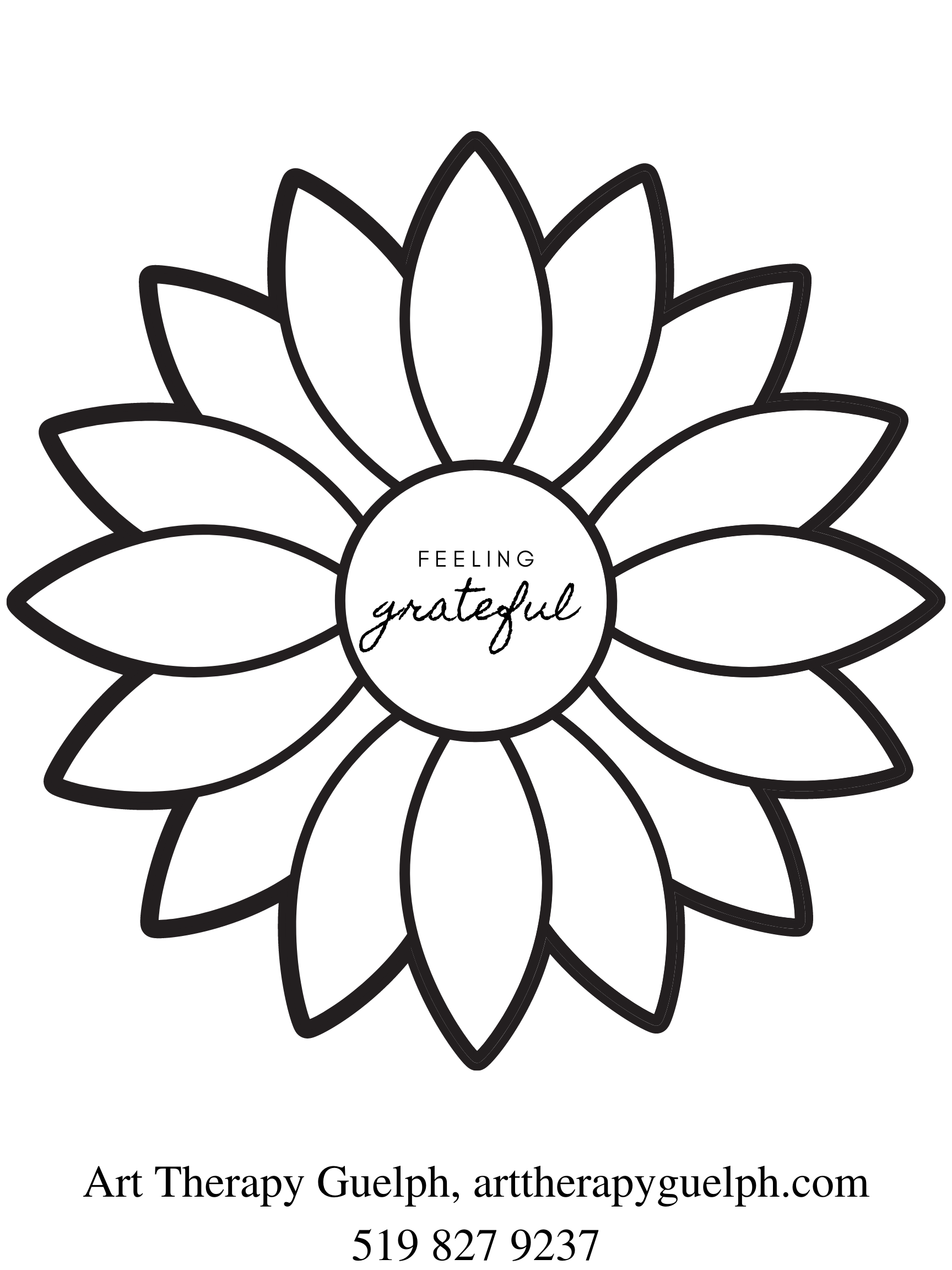This weekend is Canadian Thanksgiving. It means different things to different people. For some it means family gatherings and others it reminds them of the atrocities of colonization. Take a moment to acknowledge the grief surrounding the loss of connection and loved ones. We can be grateful for our ancestor’s sacrifices and how they paved our way. Gratitude is a way of reflecting on life’s gifts and savoring positive life experiences from the past and present. It can be as simple as being grateful for the beautiful colors of fall, having universal healthcare, good music, faith, having a roof over our head or that we have food in the fridge. Focus on the here and now, what we have in front of us, rather than what may happen in the future.
A study by Emmons and McCullough (2003) surveyed their subject population’s feelings of wellbeing with regards to counting blessings and hassles or burdens. Universally those who focused on gratitude even in small things were happier than those who focused on life’s hassles. Grateful emotions were significantly associated with higher ratings of joy and happiness. Anyone can practice gratefulness.
The upcoming Thanksgiving weekend may be overshadowed by COVID-19 concerns. The pandemic has touched us on many levels such as economic, social and spiritual. Our population has a higher anxiety and depression rate than ever. Solari et al (2020) conducted a study of 9074 people found that 31.9% of people suffer from anxiety. 33.7% suffer from depression. When people feel heavily burdened its necessary to seek out healthy outlets for emotional expression. We are truly blessed if we have someone who holds a non-judgmental and safe space for us to share in. However, sometimes well intentioned people inadvertently invalidate other’s feelings with their words. One sentence that comes to mind is “it could be worse”. My expressive outlet has always been art-making. Thus I became an art therapist. Art therapy is a form of psychotherapy that uses art as a means for self-expression and exploration. It helps to process emotions, grief, trauma, negative experiences, feelings and emotions. It enhances creativity and is fun to participate in.
Herein is an art therapy exercise. This could be done alone or as a group. It may be fun to non-judgmentally discuss with others once its done. On a page, create a mandala or a flower. You can use our template as well. On each petal of the flower write in something that you are grateful for. Use any materials you wish, crayon, pencil crayons, pastels, watercolors and put any color that speaks to you when you think of your word. Pin it up where you can see it and reflect on your blessings. A grateful heart is a happy heart. Have a happy and healthy thanksgiving weekend!
References
Emmons, R. McCullough, M. (2003). Counting blessings versus burdens: An experimental investigation of gratitude and subjective well-being in daily life. Journal of personality and social psychology, 84, (2), 377-389.
Salari, N., Hosseinian-Far, A., Jalali, R. et al. (2020, July) Prevalence of stress, anxiety, depression among the general population during the COVID-19 pandemic: a systematic review and meta-analysis. Global Health 16, 57. Retrieved from https://doi.org/10.1186/s12992-020-00589-w
If you are interested in one on one art therapy, book a free chat with Heather Caruso today! Please note we use zoom to do the chat and art therapy.




